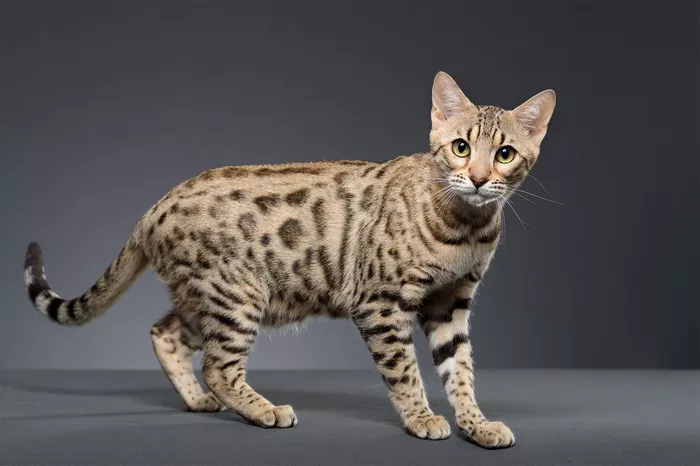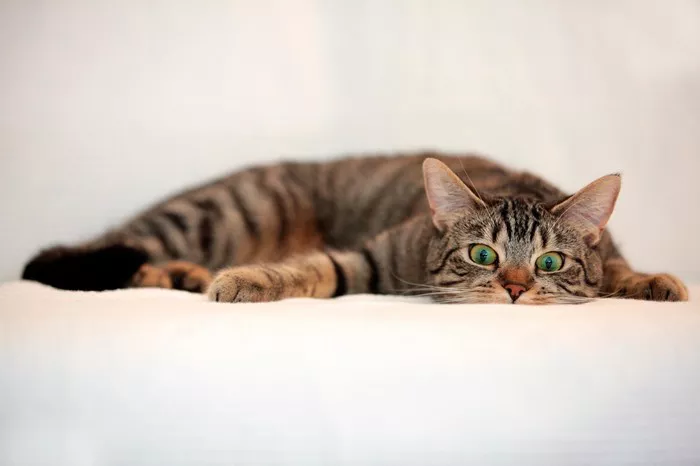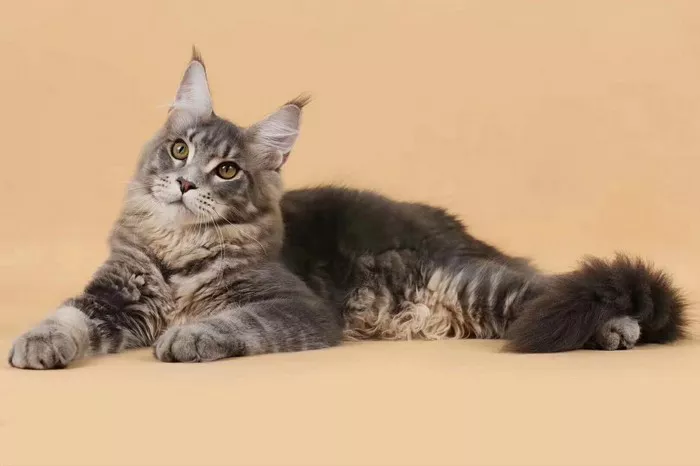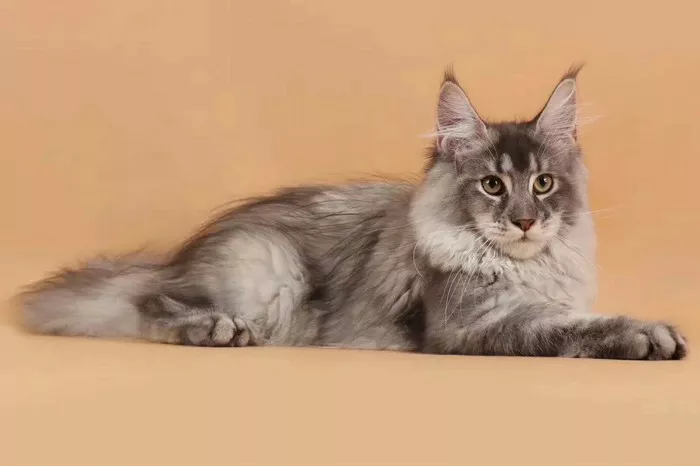Introduction:
Bengal cats, known for their lively and agile nature, require a well-balanced diet that satisfies their taste preferences while providing them with optimal nutrition. As a Bengal cat owner, you want to offer your feline companion the best food that promotes their overall health and well-being. In this post, we will explore the ideal food choices for Bengal cats, ensuring they receive a diet that meets their nutritional needs and satisfies their discerning palates.
High-Quality Dry Cat Food:
High-quality dry cat food serves as the foundation of a Bengal cat’s diet. Look for brands that contain animal-based proteins as the primary ingredient, such as chicken, turkey, or fish. Avoid products that use fillers, artificial additives, or excessive grains, as these can be detrimental to your cat’s health. Opt for formulas that are specifically formulated for active and energetic cats, providing the necessary protein, fat, and carbohydrates to support their lifestyle.
Wet/Canned Cat Food:
Supplementing your Bengal cat’s diet with wet or canned cat food can offer additional moisture and variety. Wet food provides hydration and can be especially beneficial for cats that do not drink sufficient amounts of water. Look for high-quality wet cat food with real meat or fish as the main ingredient. Avoid products that contain excessive fillers, artificial flavors, or preservatives. Consider rotating between different flavors and textures to keep mealtime exciting for your Bengal cat.
Raw or Homemade Diet:
Some Bengal cat owners opt for a raw or homemade diet, which aims to mimic a cat’s natural diet in the wild. If you choose this route, it is crucial to consult with a veterinary nutritionist to ensure your cat’s nutritional needs are being met. A balanced raw or homemade diet typically includes raw meat, bones, organs, and certain vegetables. It requires careful preparation to ensure all essential nutrients, including taurine, are present in appropriate quantities.
Treats:
Treats can be a valuable tool for training, bonding, and providing occasional rewards. When selecting treats for your Bengal cat, opt for high-quality options made from real meat or fish. Avoid treats that are high in carbohydrates, fillers, or artificial additives. Remember to use treats in moderation to prevent excessive weight gain and ensure they do not exceed 10% of your cat’s daily caloric intake.
Hydration:
Proper hydration is crucial for Bengal cats’ overall health. Ensure your cat has access to fresh, clean water at all times. Some Bengal cats may prefer running water, so offering a cat water fountain can encourage them to drink more. Additionally, consider incorporating wet cat food into their diet to increase their moisture intake.
Consulting with a Veterinarian:
It is always recommended to consult with a veterinarian to determine the best diet for your Bengal cat. They can assess your cat’s individual needs, provide dietary recommendations, and address any specific health concerns or dietary restrictions.
Conclusion:
Choosing the best food for your Bengal cat involves considering their nutritional requirements, taste preferences, and overall health. Providing a diet that combines high-quality dry cat food, wet or canned food, and occasional treats ensures a well-rounded and satisfying meal plan for your feline friend. Remember to monitor your cat’s weight and adjust their food intake accordingly. With the right diet and proper care, your Bengal cat will thrive and enjoy a healthy and fulfilling life by your side.



























